Researchers decided to follow in the footsteps of the caravans of the Karakachani (Sarakatsani) to get a feel for the free spirit of this community which has inhabited the Balkan lands for centuries, but also to see for themselves what life is like for their latter-day descendants and how they are keeping their traditions and rituals alive.
The exhibition “On the road”, which opened on 5 November at the SKLAD exhibition space in the Plovdiv quarter known as “Tobacco City”, is the result of a two-year long study of the Karakachani community in this country and in Northern Greece. The study was conducted by researchers from the Department of Ethnology at the University in Plovdiv.
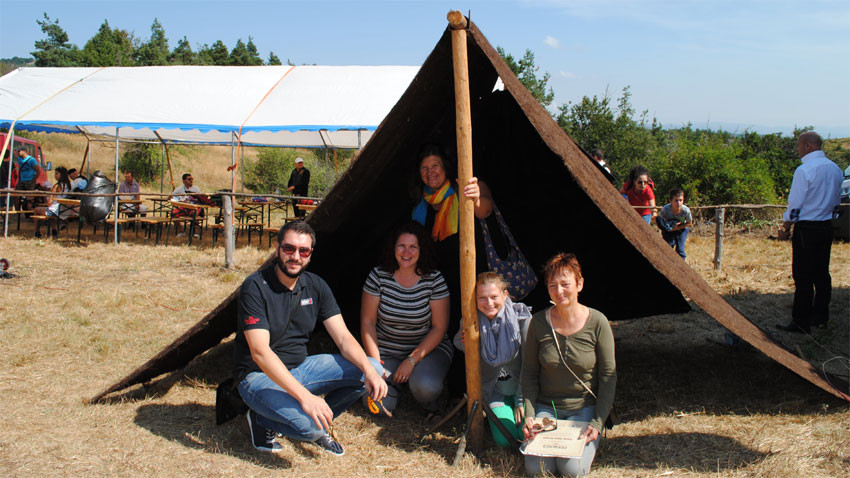
“The highlight in our study were the Karakachani in Bulgaria as a community on the move,” says Assoc. Prof. Krasimira Krustanova, head of the faculty of philosophy and history at Plovdiv University and project manager. “We went to Karlovo, Sopot, Sliven, as well as to Komotini in Northern Greece, to see how people there have preserved the memory of this movement. The Karakachani are shepherds who have inhabited the Balkans for centuries and their life is connected with the seasonal migration of families, of their kin, and of the flocks from winter to summer pastures. And even though the Karakachani of today live a settled life in cities and villages in Bulgaria, Greece, Turkey and Macedonia, they are still connected with the neverending journey of their forefathers. This heritage appears in their memories, in their knowledge, songs, tales and feast days.”
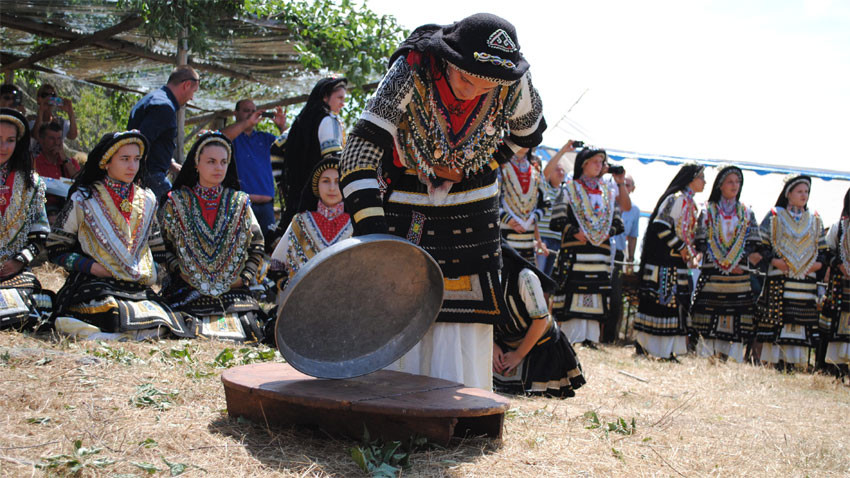
To this day there is no unified theory explaining the origin of the Karakachani. Some researchers say that the community left Northern Greece at the beginning of the 19th century, after putting up resistance against the invaders and being massacred. Others say that the Karakachani were the last people left to defend Constantinople, and that they withdrew in 1453 when the city fell to the Ottoman invaders. Until the mid-20th century they followed a nomadic lifestyle, before turning into a modern settled community, even though they have never forgotten their journey, how they created hamlets up in the mountain, tended sheep, processed milk, and all other elements that bonded families together, a solidarity that is alive to this day.
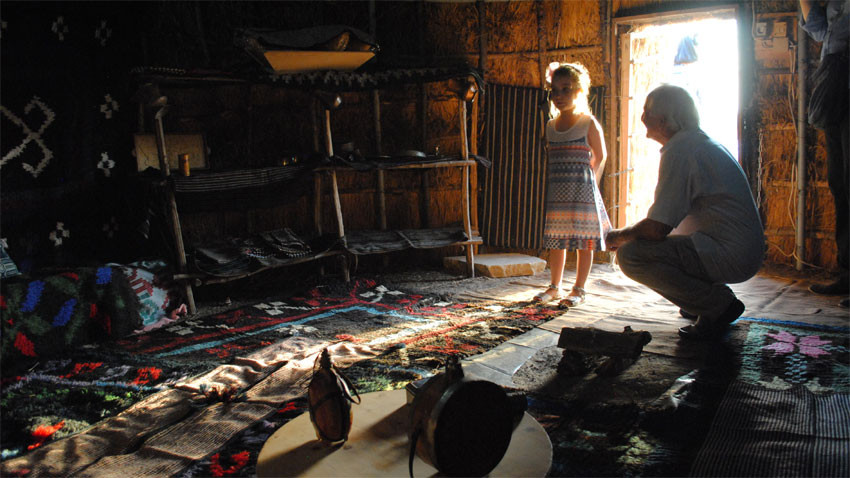
“The Karakachani are Orthodox Christians and observe the church calendar,” says Assoc. Prof. Krasimira Krustanova further. “But they have beautiful rituals of their own, connected with their nomadic existence. In autumn the Karakachani come down from the mountain and set out for the plain of Aegean Thrace. And when they go on the road they have a splendid ritual - a beautifully dressed woman on horseback takes the lead of the entire caravan as it heads south. According to their wedding ritual, the family of the bridegroom makes a flag called “flambura” under which the whole wedding ritual is played out.”
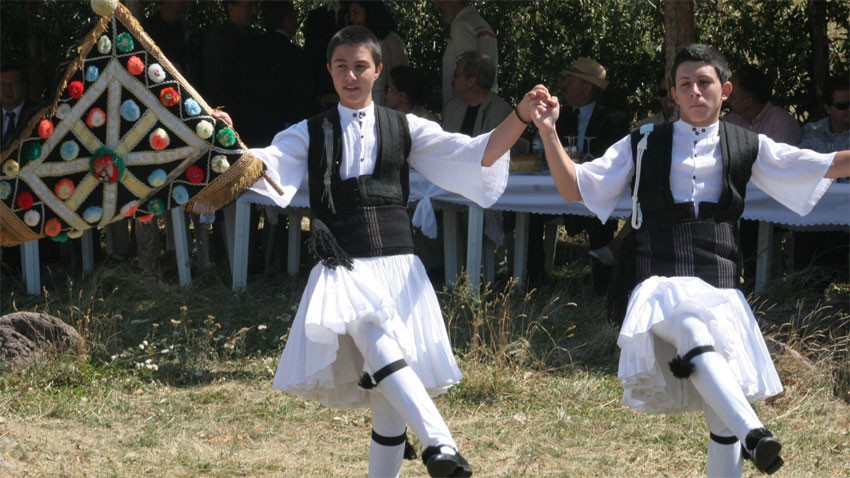
Once, the Karakachani lived a secluded life and married within the community, though today there are many mixed marriages. And though their compact community is a thing of the past, they have kept their traditions alive. Assoc. Prof. Krasimira Krustanova:
“The Karakachani are a really ancient community, and they say they have preserved the Greek language from the time of Homer. But there are many different angles to this question. Even in our day the Karakachani still use Greek – though it is the kind of Greek spoken in the family in earlier times, an archaic dialect. Some of them learn the modern language well and throw a bridge of friendship between the Greek and the Bulgarian nation.”
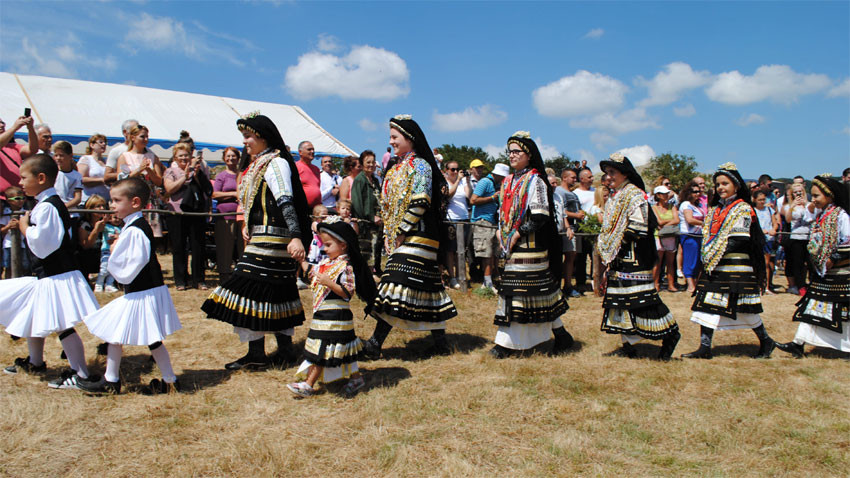
The exhibition features photographs as well as the film “Travels with the Karakachani” directed by Ekaterina Minkova.
“It is a film depicting their lifestyle and the cultural identity they have preserved which make them part of our society,” says Assoc. Prof. Krasimira Krustanova
in conclusion.
English version: Milena Daynova
Photos: BGNES and courtesy of the Department of Ethnology at the University in PlovdivBulgarian writer Georgi Gospodinov is one of twelve writers from around the world invited to become international members of the British Royal Society of Literature, the organisation announced on its website . The writers were selected by a committee..
The Faculty of Fine Arts at the University of Veliko Tarnovo "Sts. Cyril and Methodius" celebrates its half-century anniversary with an interesting exhibition based on student theses and works by current professors from the university in the old capital..
Joy, optimism and good mood. This is what the team of the Bulgarian Cultural Institute in Bratislava promise us. On December 8, at Teatro Colorato in the Slovak capital, at 6 p.m. local time, the concert "Let it be Jazz, Let it be..
An exhibition titled "PICASSO: Graphics from the National Gallery Collection " will open at 18:00 pm this evening at Kvadrat 500 in Sofia. The..

+359 2 9336 661
